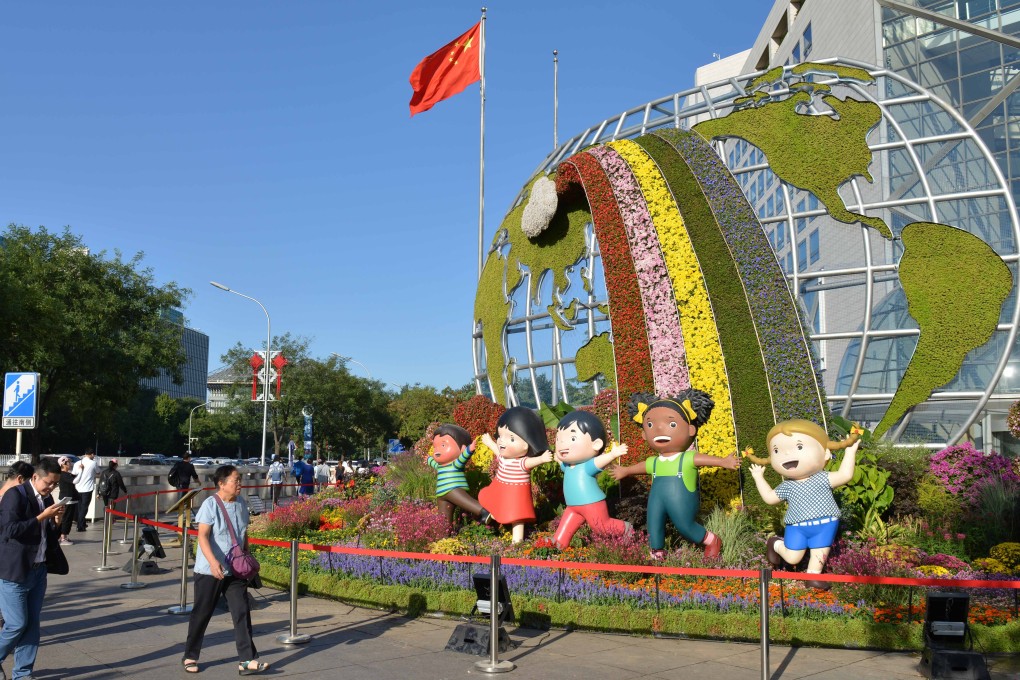Whether fighting climate change, promoting scientific discovery or pursuing economic stability, China should act like a transparent global power
- China has not only restored its traditional position at the head of the Asian order but has become a truly global power. However, this status carries with it certain responsibilities and expectations, including being transparent and open

When the People’s Republic of China was proclaimed in 1949, almost 40 years had passed since China’s territory was last administered by a functional central government, the Qing dynasty. This period of chaos and war affected hundreds of millions of lives. In 1949, life expectancy in China was somewhere between 35 and 40 years.
Today, as the world’s largest economy – measured by purchasing power parity – or second-largest by nominal GDP, China has not only returned to a position it occupied for almost two thousand years, but has surpassed it. For the first time in its history, China has transcended the limits of a regional power in Asia, becoming a global power, a status which it isn’t accustomed to.
From the stock market value of US companies like Apple, Boeing or Caterpillar, and property prices in Sydney, to soybean production in Brazil, infrastructure in Africa and the European luxury-brand industry – all have come to depend on China.
But Beijing has yet to adapt to this new reality. That’s why it’s time for China to start seeing itself in a global perspective.
China has the most embassies. It is the world’s largest trading nation in goods. There are more Chinese companies in the Fortune Global 500 than American ones. And it ranks first based on the number of outbound students or tourists.
